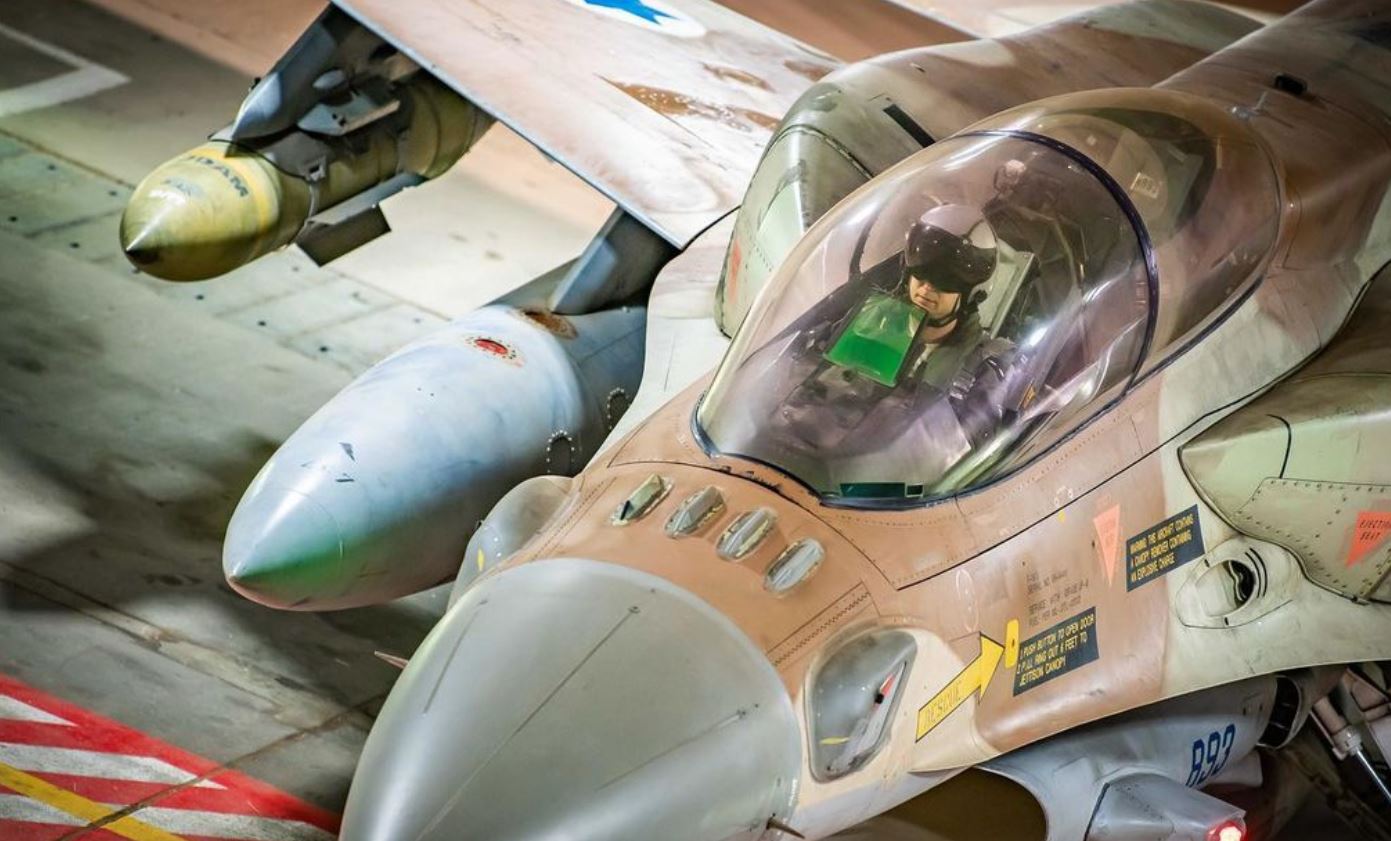
Lebanese Parliament Speaker Nabih Berri announced on Thursday that Beirut rejects Israel’s plan to maintain a presence in five locations in Southern Lebanon after this Tuesday’s ceasefire expiration date (Feb. 18).
By JNS
The Israeli Air Force on Sunday evening carried out strikes on multiple Hezbollah sites in Lebanon housing rocket launchers and weapons, according to the Israeli military.
The Israel Defense Forces emphasized that the presence of terrorist infrastructure at these locations violated agreements between Jerusalem and Beirut, and stated that Israel remains committed to neutralizing any threats to its security.
An IAF strike in Southern Lebanon on Saturday night killed Hezbollah operative Abbas Ahmad Hamoud, who was responsible for overseeing the Iranian-backed terror group’s aerial force.
After reports from Lebanese media that Israeli aircraft carried out three airstrikes in Lebanon’s Bekaa Valley, the Israel Defense Force (IDF) has confirmed that the Israeli Air Force (IAF) carried out strikes on Hezbollah facilities that contained rocket launchers and other… pic.twitter.com/FazPC6CAey
— OSINTdefender (@sentdefender) February 16, 2025
Hamoud was targeted after repeatedly violating the Israel-Lebanon ceasefire, including by launching UAVs toward Israeli territory, according to the IDF.
Lebanese Parliament Speaker Nabih Berri announced on Thursday that Beirut rejects Israel’s plan to maintain a presence in five locations in Southern Lebanon after this Tuesday’s ceasefire expiration date (Feb. 18).
According to Berri, the United States, acting as a mediator, informed him that Israel would withdraw from certain villages but intended to remain in five strategic points. Berri, an ally of Hezbollah, stated that he had conveyed Lebanon’s complete rejection of this proposal on behalf of Lebanese President Joseph Aoun and Prime Minister Nawaf Salam.
Under the ceasefire agreement, Israeli forces are to gradually withdraw from Southern Lebanon as the Lebanese Armed Forces (LAF) and U.N. Interim Force in Lebanon (UNIFIL) assume responsibility for ensuring Hezbollah remains disarmed south of the Litani River.
However, there has been growing concern in Jerusalem regarding the LAF’s ability to effectively curb Hezbollah’s presence. In response, the IDF continues frequent border operations to prevent the group from regaining strength, including intelligence gathering, reconnaissance and clearing terrain to disrupt terrorist movements.
The ceasefire, which took effect on Nov. 27, mandated an Israeli withdrawal within 60 days. However, the U.S.-monitored arrangement between Lebanon and Israel is set to continue until Feb. 18, according to a White House statement on Jan. 26.
The post Israel hits Hezbollah rocket launchers, weapons in Lebanon appeared first on World Israel News.